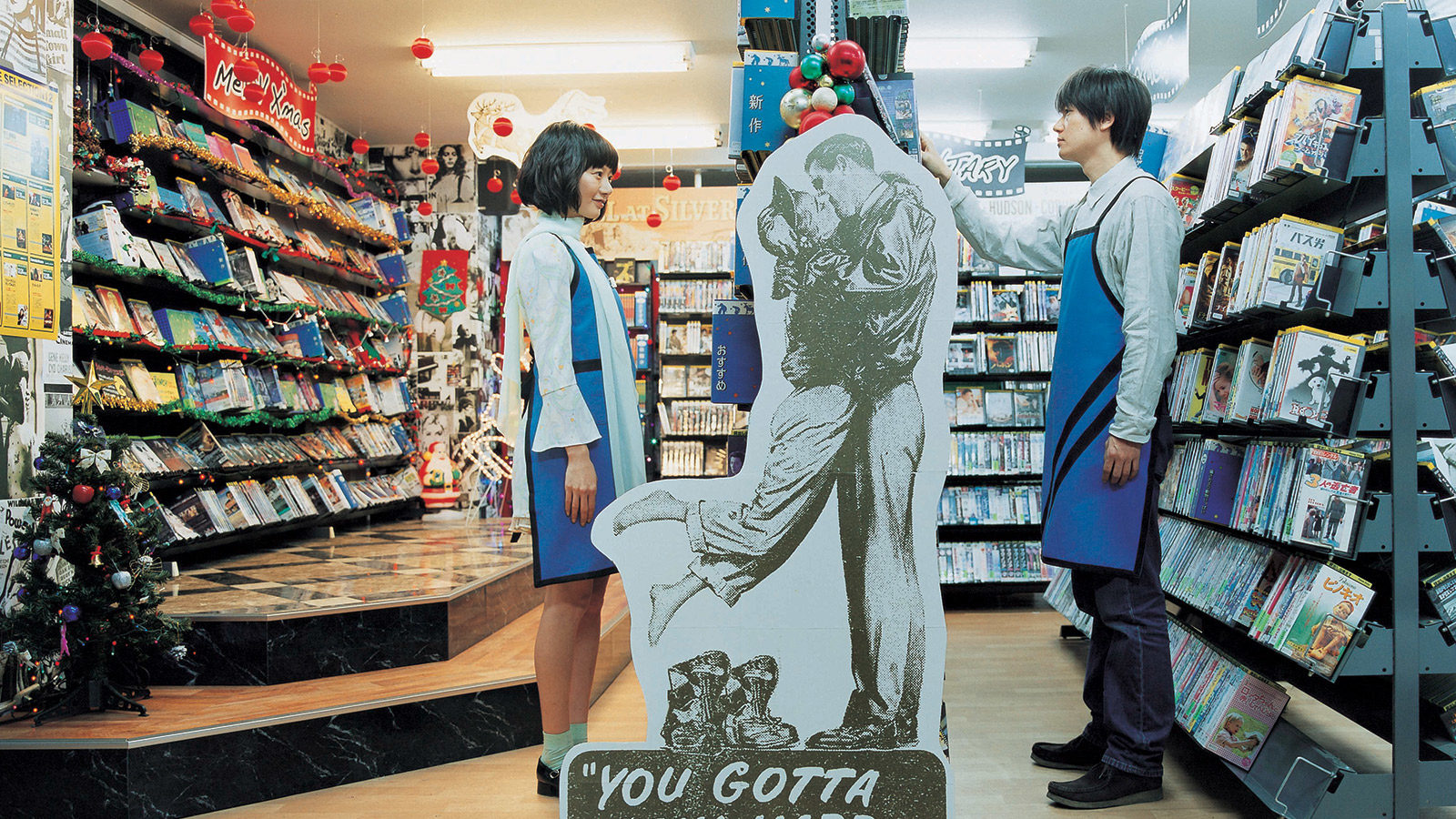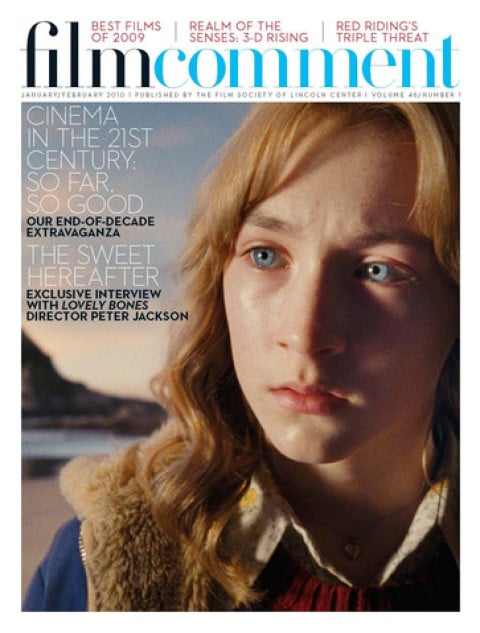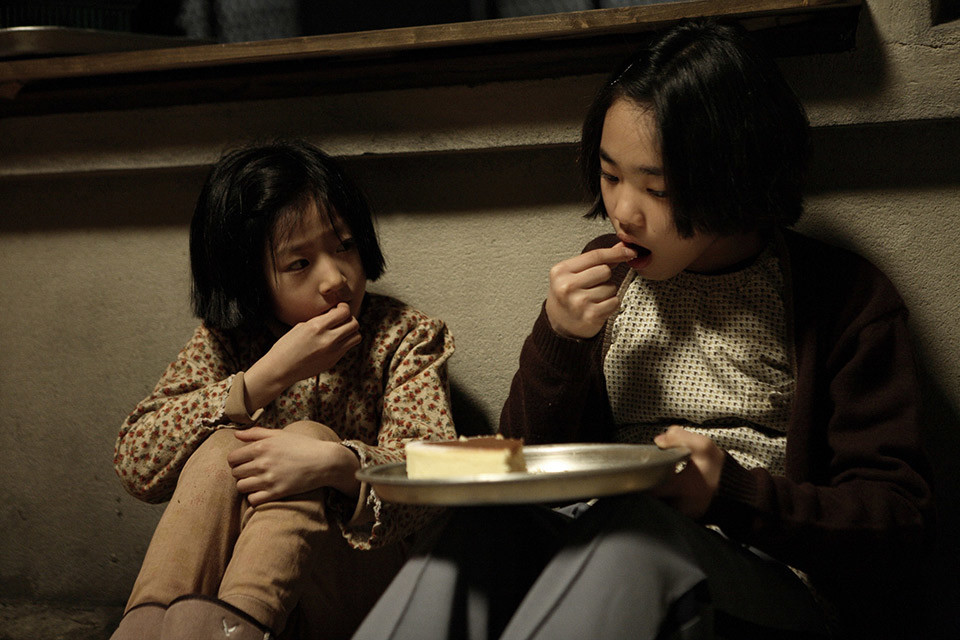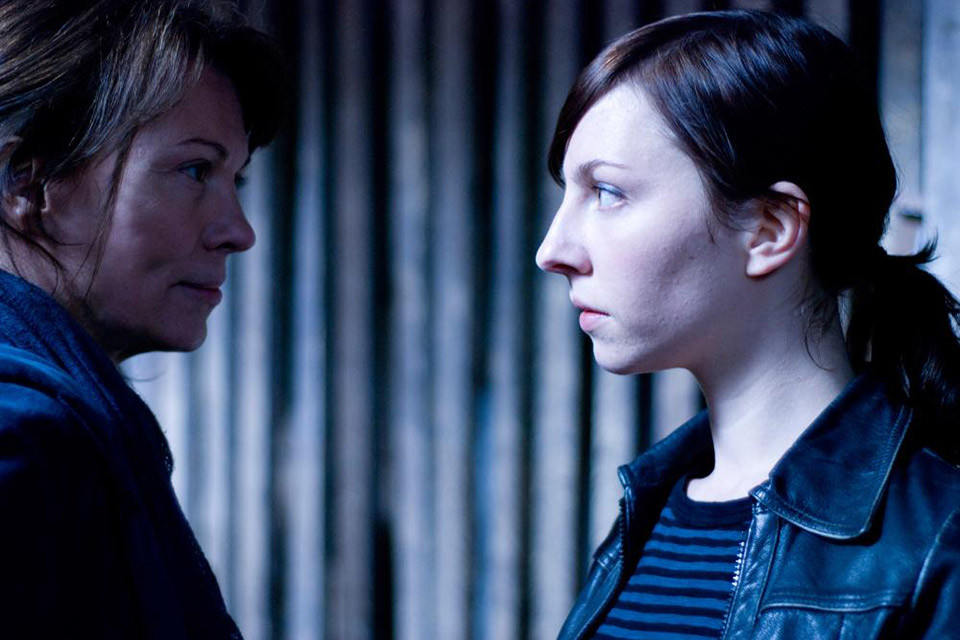By Laura Kern in the January-February 2010 Issue

Thessaloniki International Film Festival 2009
Stories of strangers in strange lands abound
Attendees of the 2009 Thessaloniki International Film Festival were constantly confronted with the catchy tagline of its 50th edition: “Why Cinema Now?” For anyone visiting the festival for business or pleasure, this isn’t a question that needed answering. Cinema is a part of their everyday lives, now and forever. But interestingly, an expanding group of native talent both old and new, known as “the Filmmakers of Greece,” sat out the 10-day festival (if not cinema itself) as part of an ongoing battle with the Greek Ministry of Culture to overturn outdated laws and bring the country up to the industry standards that prevail in the rest of Europe. Their decision to withdraw their movies from the lineup was not intended as a swipe at the festival but rather at the State Film Awards, which are held every year at the event’s conclusion. (A recent attempt to check on the outcome of this protest proved difficult as FoG’s website is in Greek only; further digging revealed that as of early 2010 the issue remains unresolved…)

From the January-February 2010 Issue
Also in this issue
While this local drama remained an undercurrent for the duration, it was often lost in the festivities. If there were significantly fewer Greek films on display, there was still the usual worldwide assortment of films from established names (Hirokazu Kore-eda, the complete works of Werner Herzog, Fatih Akin, whose Soul Kitchen opened the festival on a playful note) and promising newcomers. Perhaps the strongest debut was Englishman Peter Strickland’s Katalin Varga, an atypical, far-from-gratuitous rape-revenge drama that in its starkness and beauty recalls the visions of Carlos Regaydas. The action, which takes place in the forests of Transylvania, and could easily have been set centuries ago were it not for the presence of cell phones, follows the title heroine as she sets out a payback mission after she and her young son are thrown out of their home by her husband. The narrative is fractured and oblique, disclosing narrative information sparingly and with great care. First-timer Hilda Péter is hypnotic as Katalina. Her character’s intentions aren’t always clear, but it’s impossible not to root for her even at the height of the film’s emotional toying, when Strickland challenges the viewer to sympathize with one of her attackers.
Another promising debut came from the Korean-French Ounie Lecomte with her semiautobiographical A Brand New Life, a lovely film that transcends its familiar subject: the plight of an abandoned child growing as an orphan. In this case, in the mid-Seventies, adorable nine-year-old Jin-hee (Sae Ron Kim) is inexplicably left at a rural orphanage for girls by her father (in a nice touch, he is always framed off-center, presenting him as the distanced character that he is). Instead of focusing on the hardships of her confinement (there are no evil nuns or particularly nasty kids), the film zeroes in on her emotional grief; she too can’t believe that her father would abandon her and acts out accordingly. The aching sadness of this scenario gradually eases as Jin-hee adjusts to and accepts her predicament, and then befriends an older girl. Throughout it all, the child’s feelings can be clearly read on her crestfallen, almost ethereal face.

A Brand New Life
In fact, Jin-hee could very well grow up looking a lot like Nozomi, the female lead played by the Korean Du-na Bae in Kore-eda’s whimsical Air Doll. Nozmi’s appearance is fittingly otherworldly since she is in fact an inflatable sex doll belonging to a lonesome Tokyo salaryman who comes to life and wanders the city by day, learning the ins and outs of human existence by observation, like a child with a fresh pair of eyes, despite sporting a wardrobe usually reserved for kinky bedroom fun. She gets a job at a local video store, even though she’s never seen a movie, and falls for one of her co-workers, the kind, soft-spoken Junichi (Arata, also the star of the director’s 1999 After Life). Nozomi’s journey of discovery, whether she’s being submissive to her “owner” or learning what it means to love, is especially piercing because it can’t possibly end happily. A deceptively airy film, Air Doll makes us reflect on our sexual assumptions and the depths of loneliness often endured by the inhabitants of large cities.
If all of the films mentioned so far share one trait it would be that they all present characters who find themselves displaced. The same applies to the protagonists of The Day Will Come: Alice and her mother, Judith, who gave up her daughter 30 years earlier. Alice is bracingly and surprisingly unsympathetic—in a gender reversal of sorts, the first time we meet her, after a quickie in the backseat, she tricks her adoring boyfriend into getting out of the car and speeds away, leaving him confounded on the side of the road. She heads off in search of her mother, who, after a colorful past as a member of Germany’s terrorist underground, now has a new identity and a new family to go with it. Alice’s arrival is unsettling to all because her motivations remain ambiguous, and Katharine Schüttler’s performance (which received a Special Mention at award time) conveys a deep hurt mixed with a certain unpredictability, like that found in damaged children unable to comprehend or forgive their parents’ past wrongs. Susanne Schneider’s name can be added to quickly expanding list of female directors to watch.

Our Day Will Come
Indeed, the festival also screened notable films by Maren Ade (The Forest for the Trees and Everyone Else), Esther Rots (Can Go Through Skin), Jessica Hausner (Lourdes), Samantha Morton (The Unloved), Valérie Donzelli (The Queen of Hearts), to name just a few. This long-overdue spike in the international exposure of women filmmakers (in a year when one has a real shot at winning the Best Director Academy Award for the first time; an exciting thought yet a pathetic statistic) should be answer enough to “Why Cinema Now?” But the question, a riposte to Jean Renoir’s words “in order to stay alive cinema will have to invent everything from scratch,” was meant to arouse curiosity and debate, not concrete answers. May cinema and Thessaloniki’s festival, one of the oldest in the world, continue for another 50 years and beyond.







